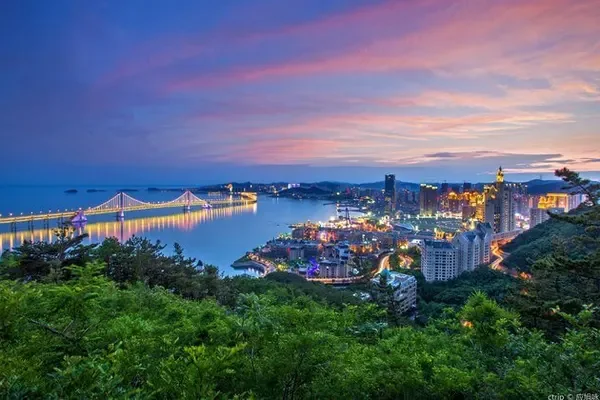introduce
The Luoshi Temple Pagoda stands on the North Street of Wuwei City. It was built to commemorate the achievements of Kumarajiva, an eminent monk from the Western Regions, in promoting Buddhism and translating classics in Wuwei.

The Luoshi Temple tower was built in Houliang (386-400). The tower and the temple were greatly expanded in the Tang Dynasty, and were repaired in the Ming and Qing Dynasties. During the Ming Dynasty, it became a great monastery in Liangzhou, Shaanxi. On February 15th, the tenth year of the orthodox Yingzong, he issued the Tripitaka to the Luoshi Monastery, and issued an imperial edict: "Publish the Tripitaka, bestow it on the world, and spread it widely. Yizang, set up a large temple in Liangzhou, Shaanxi, and made offerings to Yongguang." This edict is now well preserved in the Confucian Temple.
The existing Luoshi Temple Pagoda is octagonal and twelve-story, 32 meters high, and it is all made of strip-shaped square bricks. There are doors on the third, fifth and eighth floors from the bottom. The top is a gourd-shaped copper vase. On the top, there are small Buddhist niches in the east and west, and there are Buddha statues in the niches. The majestic Luoshi Temple Pagoda symbolizes the long and civilized history of the ancient city of Wuwei, and is also a witness of the cultural exchanges between China and the West on the Silk Road more than 1,500 years ago.
opening hours
8:00-18:00 all year round
must see tips
Kumarajiva's ancestors were Indians, and he was born in the family of Xiangguo. Rosh was born in Kuqa, Xinjiang in 344. Because of his extraordinary intelligence when he was young, he was called "Kumarajiva", which means child prodigy. He became a monk at the age of 7, and traveled to various Buddhist countries in the Western Regions at the age of 12. He is famous for his proficiency in Buddhism. Lu Guang broke through Kucha in 383, conquered more than 30 countries in the Western Regions, obtained Kumarajiva and more than 20,000 camels, and returned with treasures and cultural relics from the Western Regions. In 386, Lu Guang returned to Liangzhou and established Houliang State with Guzang as its capital. Kumarajiva, who came here, lived in Wuwei, preaching scriptures and spreading Buddhism for seventeen or eighteen years. In 401, Yao Xing, the son of Yao Chang, king of Houqin, destroyed the kingdom of Houliang, and welcomed Kumarajiva to Chang'an. On August 12, 409, Rosh died in Chang'an at the age of 70. According to legend, the pagoda of Luoshi Temple in Wuwei is the place where his immortal tongue is buried.
